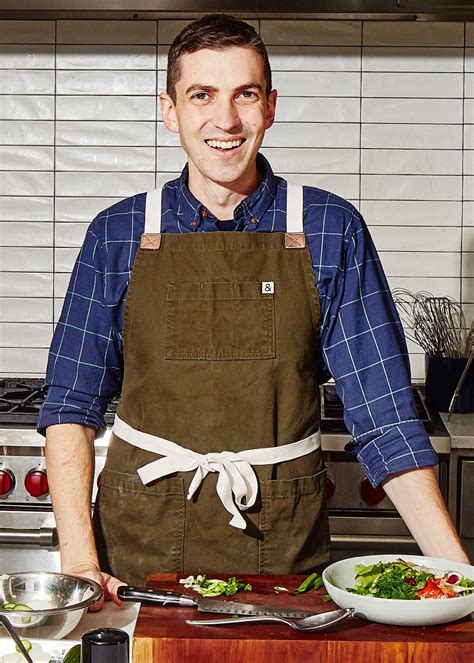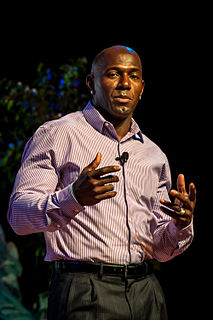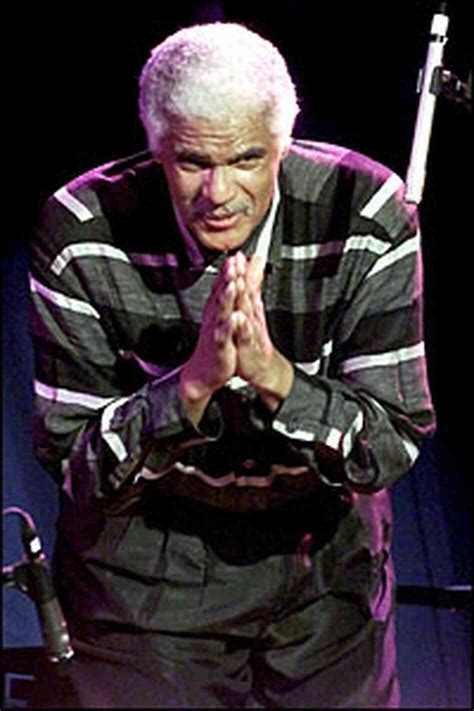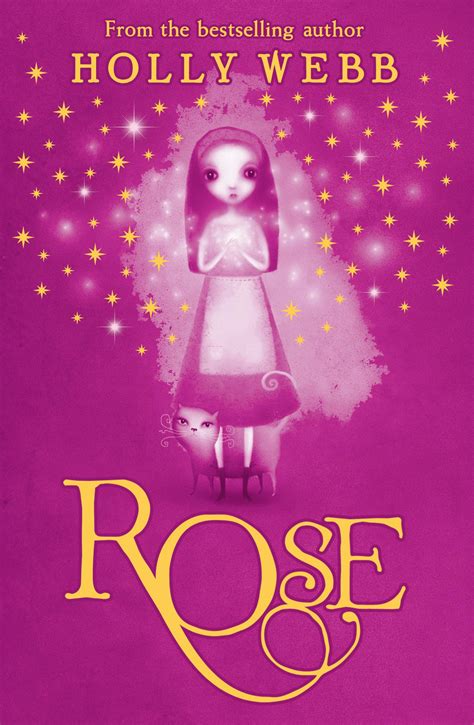A Quote by Mona Simpson
I grew up with a single mother, and although we didn't have a lot of money, she cared a great deal about what we ate. We were the original health-food family. We shopped at what were called health-food stores before Whole Foods - everything came from bins.
Related Quotes
Food historian Jessica B. Harris says African American cuisine is simply what black people ate. When I think about what my family ate, we ate what people think of as soul food on special occasions, on holidays, but our typical diet was leafy greens and nutrients and tubers - food that was as fresh as being harvested right before our meal. Whatever was in season, that's what we were eating. It was being harvested right from our backyard.
When farming became a corporate venture, and the distribution of food became corporate, the variety of foods that were considered good diminished greatly. I know that there's a lot of misconception about this, that people think we have more food variety than ever before, but, in fact, if you read any of the studies, you'll find we have fewer foods than before.
Growing up the way I grew up, food was scarce. So when you had an opportunity to eat, you ate. When I graduated from high school and went to college, I weighed 160 pounds. So, I knew I had to put on the weight. I ate everything from fried food to fried chicken wings. When I came to Green Bay, I did the same thing because I was 172 pounds.
I grew up in New York. We were all diversified, as far as music was concerned. I grew up liking just about everything. So I tried to incorporate that into my playing, although the original school where I came from was Afro-Cuban music. But I liked all kinds of music -- I tried to bring that into everything.
Food became the antidote for feelings of guilt, sadness, and anger. ... Food is a resolution to controversy; food is rescue. We ate and talked and cried and laughed in the kitchen and ate again. This was about more than just food. It was about our mom making connections the best she could and in the way she knew best across the kitchen table, across time and across sadness.







































